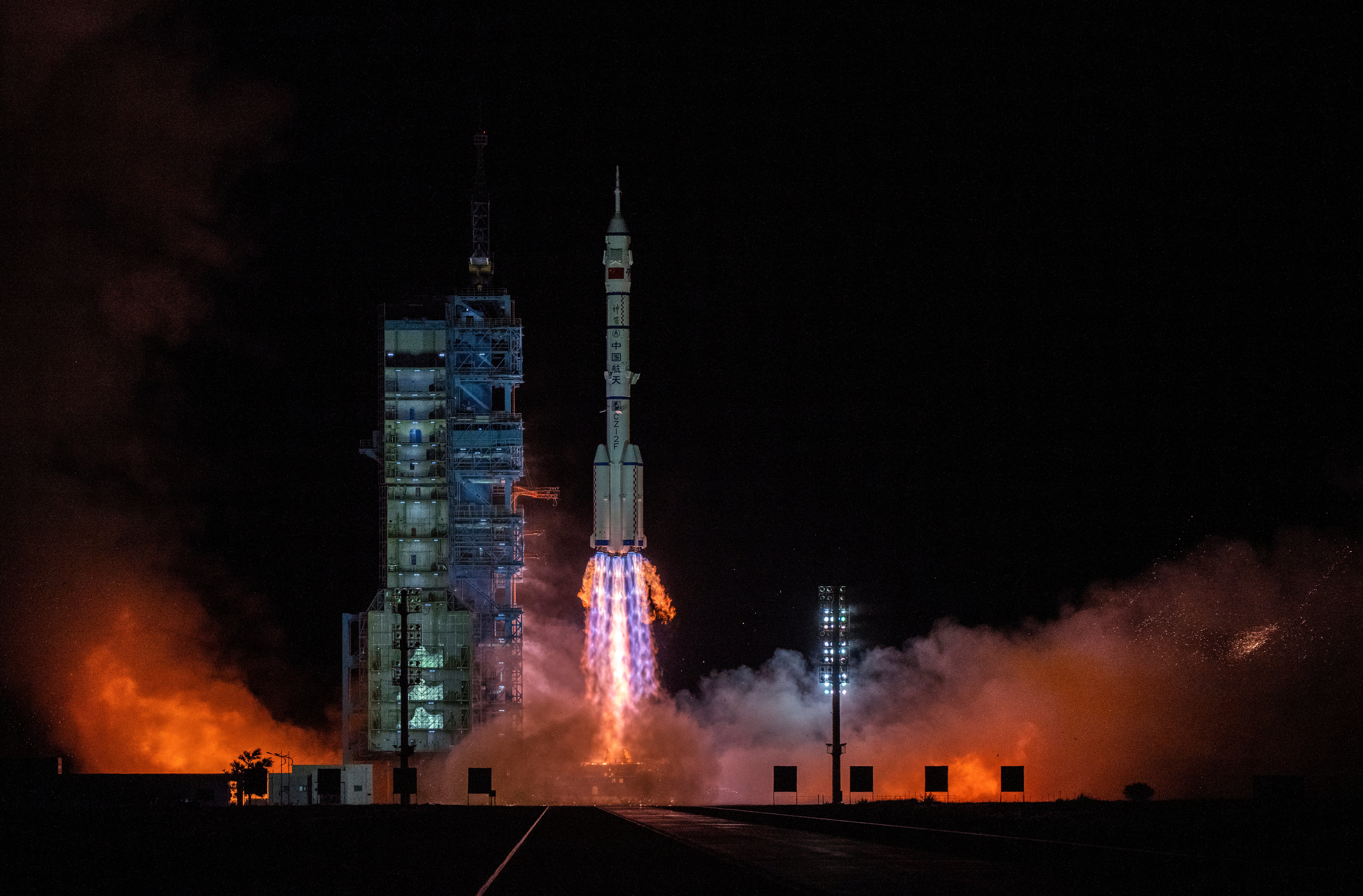Rocket on crash course with Moon discovered to be out-of-control Chinese craft
The Chinese rocket will crash into the Moon on 4 March

Your support helps us to tell the story
From reproductive rights to climate change to Big Tech, The Independent is on the ground when the story is developing. Whether it's investigating the financials of Elon Musk's pro-Trump PAC or producing our latest documentary, 'The A Word', which shines a light on the American women fighting for reproductive rights, we know how important it is to parse out the facts from the messaging.
At such a critical moment in US history, we need reporters on the ground. Your donation allows us to keep sending journalists to speak to both sides of the story.
The Independent is trusted by Americans across the entire political spectrum. And unlike many other quality news outlets, we choose not to lock Americans out of our reporting and analysis with paywalls. We believe quality journalism should be available to everyone, paid for by those who can afford it.
Your support makes all the difference.A rocket that is on course to crash into the Moon in March is reportedly not a SpaceX craft, as previously thought.
Bill Gray, the creator of the Guide astronomy software used to monitor near-Earth objects, said last week that he believed a SpaceX rocket launched seven years ago would “certain[ly] impact” the Moon on 4 March.
But in a new update, Mr Gray now says that he believes the craft is an old Chinese rocket from the Chang’e 5-T1 Moon mission in 2014. It was originally thought to be the second stage of the NOAA’s Deep Space Climate Observatory (DSCVR) spacecraft.
Jon Giorgini, from Nasa’s Jet Propulsion Laboratory, first alerted Mr Gray to the issue, pointing out that the trajectory for DSCVR did not go close to the Moon. It would therefore be peculiar for the rocket that carried it to space to do so.
Mr Gray found that, two days after DSCOVR’s launch, an object that may have been an asteroid or comet with the temporary name of WE0913A had gone past the Moon – with he and others accepting the identification as the second stage of the DSCOVR. Mr Gray said he had “pretty good circumstantial evidence for the identification, but nothing conclusive”.
However, in hindsight, there were odd characteristics of WE0913A’s orbit. “Assuming no manoeuvres, it would have been in a somewhat odd orbit around the Earth before the lunar flyby. At its highest point, it would be near the Moon’s orbit; at its lowest (perigee), about a third of that distance,” Mr Gray wrote. “I’d have expected the perigee to be near the Earth’s surface. The perigee seemed quite high.”
The confusion over the rocket’s identity is indicative of the lack of tracking humans do when launching spacecraft, Mr Gray said. There are currently no formal entities tracking superfluous debris from space launches.
“The only folks that I know of who pay attention to these old rocket boosters are the asteroid tracking community,” he said. “This sort of thing would be considerably easier if the folks who launch spacecraft — if there was some regulatory environment where they had to report something. But as it stands, it’s always a certain amount of detective work that goes into figuring these things out.”
This is not the first instance of a rogue Chinese rocket; last year, a Long March 5B rocket made an out-of-control descent at speeds that made it impossible to predict where it would hit.
Usually, discarded rocket stages are guided into a controlled demolition by friction in the Earth’s atmosphere.
Join our commenting forum
Join thought-provoking conversations, follow other Independent readers and see their replies
Comments